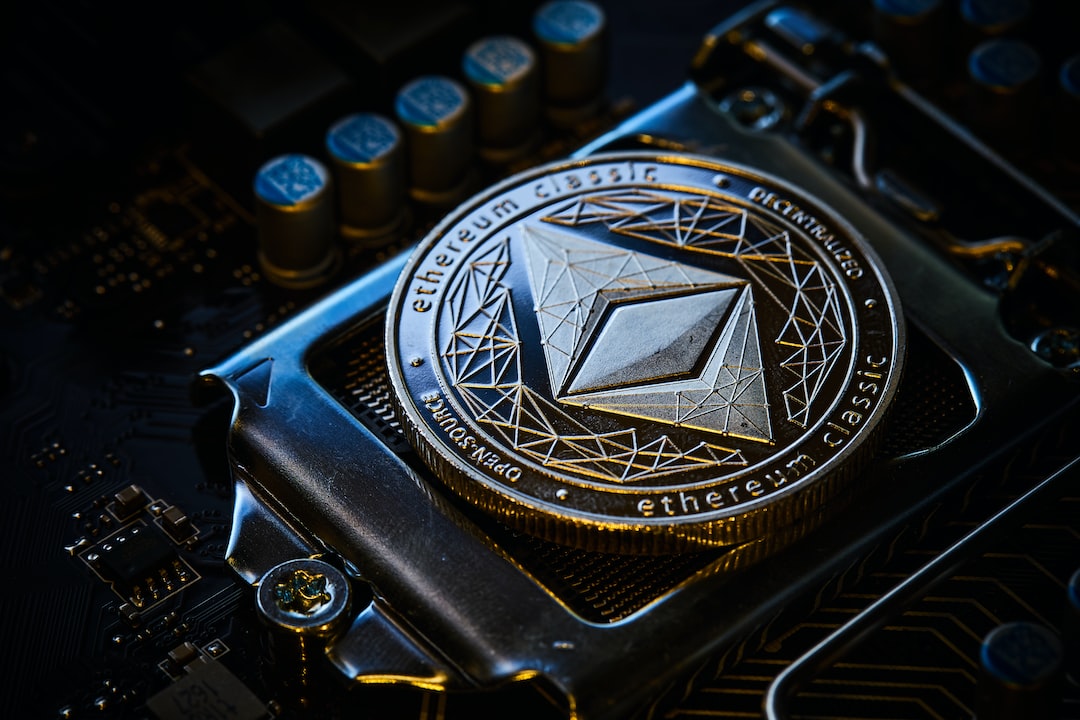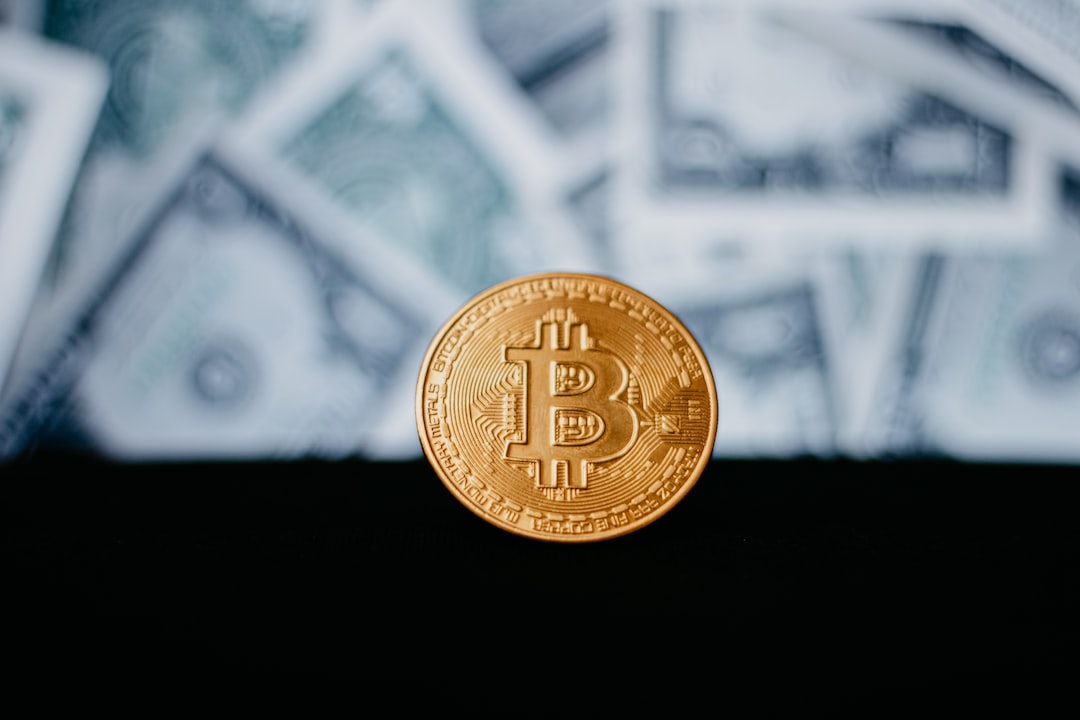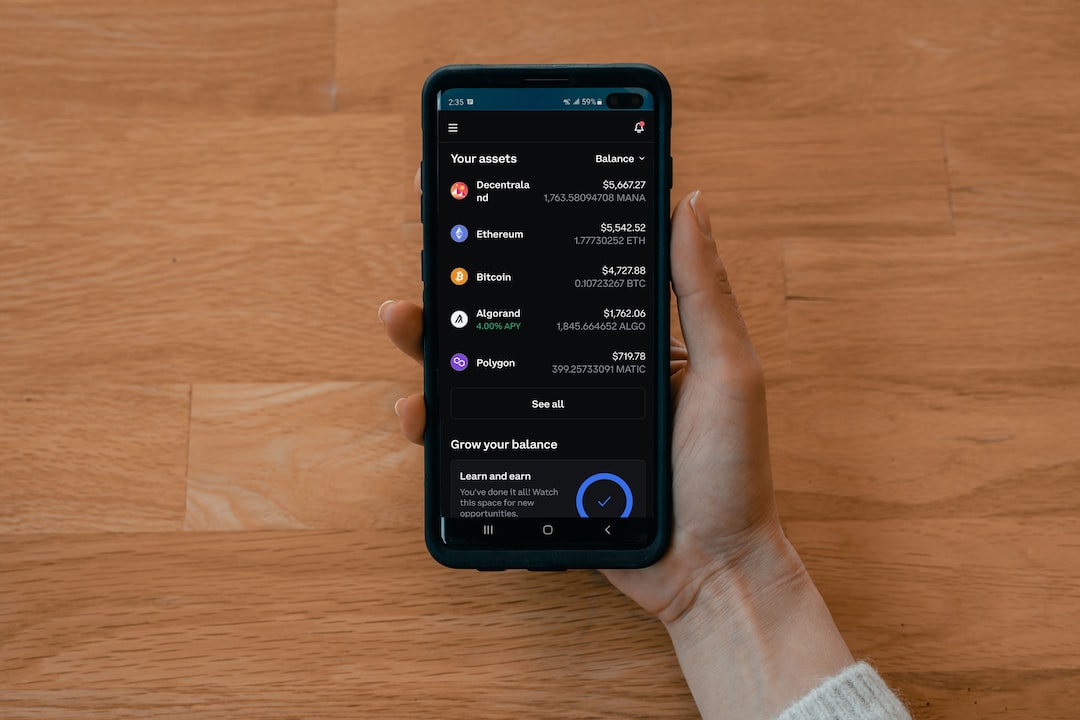Microsoft Faces Backlash for Using AI-Generated Artwork to Promote Indie Games
Microsoft, known for its support of generative artificial intelligence (AI), has angered gamers by using AI-made artwork to promote indie games. The company’s indie game-centric ID@Xbox division posted winter-themed artwork on Twitter, which received criticism for its telltale signs of generative AI output, including distorted faces and odd mannerisms. The tweet was quickly deleted, but the backlash persisted.
Gamers expressed their frustration, accusing Microsoft of not caring about independent developers and prioritizing AI over hiring artists. Microsoft has not publicly responded to the criticism or addressed the removal of the tweet.
The use of generative AI tools in game development is becoming increasingly common among major studios like Ubisoft, Blizzard, and NCSoft. However, these moves have faced significant backlash from gamers, who have also criticized NFTs and crypto tokens.
Partnerships and Controversies Surrounding Generative AI Tools
In November, Microsoft announced a partnership with Inworld AI to integrate AI tools for Xbox developers. This decision received backlash from developers who viewed it as disrespectful and dangerous to human creators.
Other game companies have also faced criticism for utilizing generative AI tools. Developers behind games like The Finals and Firmament were called out in 2023 for their use of AI-generated elements. Wizards of the Coast even banned its artists from using AI in Magic: The Gathering and Dungeons and Dragons projects.
Riot Games, the creator of League of Legends, faced a social media storm over allegations of using AI tools in a game trailer that mispronounced a character name. However, Riot Games clarified that it was a human error and no AI had been involved.
Hot Take: Balancing AI and Human Creativity in the Gaming Industry
The integration of generative AI tools in the gaming industry raises questions about the balance between automation and human creativity. While AI can offer efficiency and innovation, it also risks undermining the work of artists and developers. Game companies must navigate this delicate balance to ensure that AI enhances rather than replaces human creativity. Transparency and open dialogue with gamers and developers are crucial to addressing concerns and building trust in the use of AI within the gaming community.





 By
By
 By
By
 By
By
 By
By
 By
By